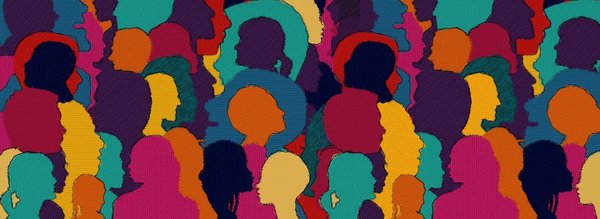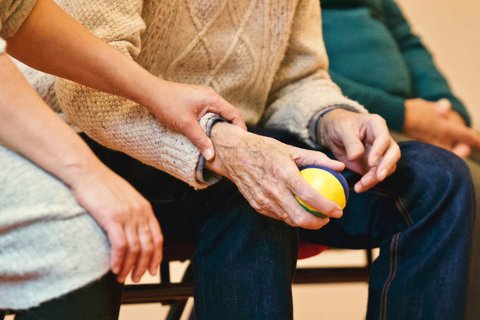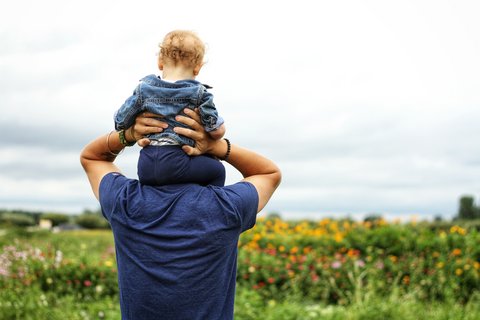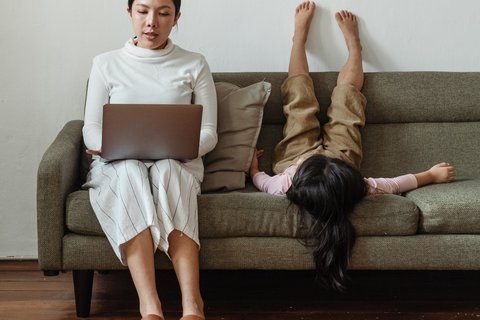

The aim of equal opportunities work at TROPOS is to strengthen equal opportunities and family friendliness at the institute.
The most important instrument for this is the current Equal Opportunity Plan.
The Equal Opportunity Representative and her Deputy, who are elected every four years, are involved in the implementation and further development of the objectives set out in the plan.
Structural inequalities shall be eliminated and professional and career opportunities decoupled from care responsibilities or gender.
The Equal Opportunity Representatives advise in the following areas:
- Reconciling work and care responsibilities
- Elimination of disadvantages
- Confidential support in cases of discrimination & sexual harassment
- Gender-sensitive language & document design
- Reduction of gender-related stereotypes
- Support & mentoring programs for young female scientists
- EU Framework Program »Horizon Europe«
Excellent science is only possible through gender diversity - sustainably increasing the proportion and visibility of women in research is therefore a central concern of TROPOS.
March 8 - International Women's Day
Women's breakfast at the Institute
This year, the equal opportunities team and the administrative management once again invited women from all departments to a breakfast.
This was a joint reminder of everything that the international women's rights movement has achieved so far - and at the same time was intended to motivate women to continue to be active in the fight for real equal opportunities.
TROPOS-Mentoring
Program Launch
From now until the end of the year, young female TROPOS scientists will focus on their professional and personal growth in eight tandems with scientific mentors.
With the » Shape Your Future! Mentoring Program «, the institute aims to help keep young female scientists in research - and hopefully at TROPOS. After all, excellent research can only exist with a diversity of perspectives.
The foundation for the collaboration in the mentoring tandems was established in the two-day kick-off workshops in january. This also included the formation of the Mentee Network, in which the young female scientists will meet regularly to independently discuss challenges and developments
Unlike training or coaching, for example, mentoring is based specifically on the supportive, long-term relationship between mentor and mentee. This makes it clear that the collaboration can look very different for all tandems.
Backround *
The proportion of women in scientific management positions (C4/W3) in non-university research institutions was just under 18 % in 2020.
While women even make up more than half of graduates in STEM subjects, the ratio changes thereafter and the gap between the sexes continues to widen at every career level.
Many young women decide to leave research, especially after completing their doctorates.
On the one hand, there are structural reasons for this, such as the implicit bias of decision-making bodies, a gender-related reputational imbalance in women's research topics or the dominance of men in networks.
However, the lack of transparency in the development of an academic career often also makes it difficult for women to remain in research - because in addition to a lack of role models, they are usually also the ones who, in conjunction with a traditional role fulfilment in the partnership, also take on the majority of care work in their private lives.
* Frauen in der Wissenschaft: Entwicklungen und Empfehlungen (2022). Published by the German National Academy of Sciences Leopoldina.
Childcare or the care of relatives are important tasks and must not lead to the disadvantage of those providing care. Rather, it is therefore the goal of TROPOS to make use of all possibilities for organizing working time and place, to facilitate re-entry after leaves of absence, and to find individual solutions in career planning.
Last but not least, reconciling paid and care work is also a fundamental prerequisite for equal opportunities between the genders.
An initial overview of the topic of care is provided by the Long-Term Care Guide of the BMG.
Since 2011, TROPOS has been awarded the careerandfamily audit certificate, which is regarded as a seal of quality for a strategically designed family- and life-phase-conscious personnel policy. More information on the certification can be found here.
Together with more than one hundred partners, the institute also participates in the action plan "Child- and family-friendly city of Leipzig". With their signature, TROPOS commits to continue promoting Leipzig as a city that remains attractive and livable for families. The family office provides further information and addresses in this regard.
Since 2011, the institute has also been a member of the Dual Career Network of Central Germany, which supports partners in their search for employment in the Leipzig/Halle area in order to facilitate the professional integration of life partners in the region.



